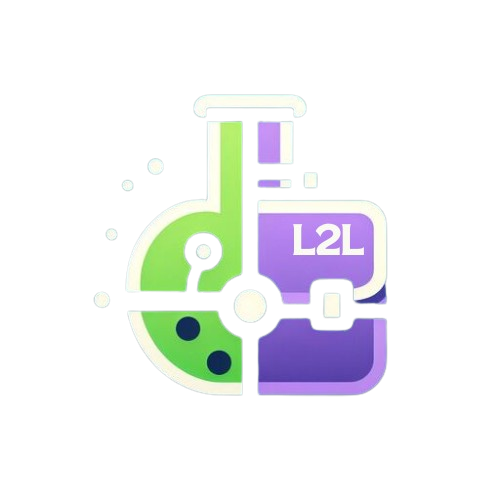Mental Health
There Is No Health Without Mental Health
Written by Maria Bilat
October 3rd, 2024
Mental Health Care
Mental health is a crucial aspect of our overall health. It includes our emotional, psychological, and social well-being, affecting how we think, feel, and act day to day. It also helps determine how we handle stress, relate to others, and make healthy choices¹. Over the course of a lifetime, a person’s mental health may fluctuate depending on various factors, including stress, trauma, genetics, and brain chemistry². Many people may develop mental health conditions, such as anxiety, depression, or PTSD. In fact, according to the Centre for Addiction and Mental Health, in any given year, 1 in 5 Canadians experiences a mental illness³. Mental health is just as important as our physical health, and the intricate relationship between the two emphasizes the importance of the mental health field and the many professionals dedicated to supporting the mental well-being of individuals and communities. Mental health care involves a range of services aimed at:
- Diagnosing mental health conditions
- Treating and managing illnesses
- Promoting preventive care
It not only focuses on treating mental illnesses but also helps individuals build coping mechanisms before issues become more severe. With proper support, people with mental health conditions can recover, thrive, and lead fulfilling lives.
Careers in the Mental Health Field
The mental health field offers a wide variety of career options, each with unique specializations and educational backgrounds. Below is a brief overview of a few professions.
Psychiatrists
- Licensed medical doctors who specialize in mental health
- Diagnose conditions, prescribe and monitor medications, and provide therapy
- Education Path:
- 4 years Bachelor’s degree
- 4 years Medical School
- 4–5 years Psychiatric Residency
- 1–2 years Fellowship in a subspecialty
Psychologists
- Experts in clinical psychology
- Evaluate and diagnose mental health conditions, provide individual and group therapy
- Education Path:
- 4 years Bachelor’s degree
- 2 years Master’s degree
- 6–9 years PhD
- 1-year internship
Social Workers
- Work with individuals, families, groups, and communities to improve well-being
- Provide counseling, therapy, and referrals to supportive social services
- Education Path:
- 4 years Bachelor’s degree in Social Work
Mental Health Resources
If you or someone you know is struggling with mental health, remember: you are not alone. Asking for help is a sign of strength.
- 📞 Suicide Crisis Helpline (9-8-8) — Call or text, available 24/7
- 📞 Ottawa Distress Line (613-238-3311) — 24/7 bilingual service (French & English)
- 📞 ConnexOntario (+1 866-531-2600) — Free and confidential phone, chat, text, and email service for mental health, gambling, and addiction support in Ontario
Conclusion
Mental health is inseparable from overall health. By addressing mental well-being with the same dedication as physical health, we can foster healthier individuals and stronger communities. Whether through healthcare, education, or advocacy, careers in the mental health field play a vital role in ensuring that support is available to everyone who needs it.
Footnotes
- Centers for Disease Control and Prevention (2024). About Mental Health
- Substance Abuse and Mental Health Services Administration (2023). What is Mental Health?
- Centre for Addiction and Mental Health. Mental Illness and Addiction: Facts and Statistics
References
- Canadian Association of Social Workers. What is Social Work?
- Embark (2024). A Comprehensive Guide: How to Become a Psychologist
- Government of Canada (2024). Social Worker in Ontario
- National Alliance on Mental Illness (2020). Types of Mental Health Professionals
- The Royal. Crisis Lines
- University of Manitoba. Mental Health Resources
- Upstream Counseling (2024). How to Become a Psychiatrist in Canada
